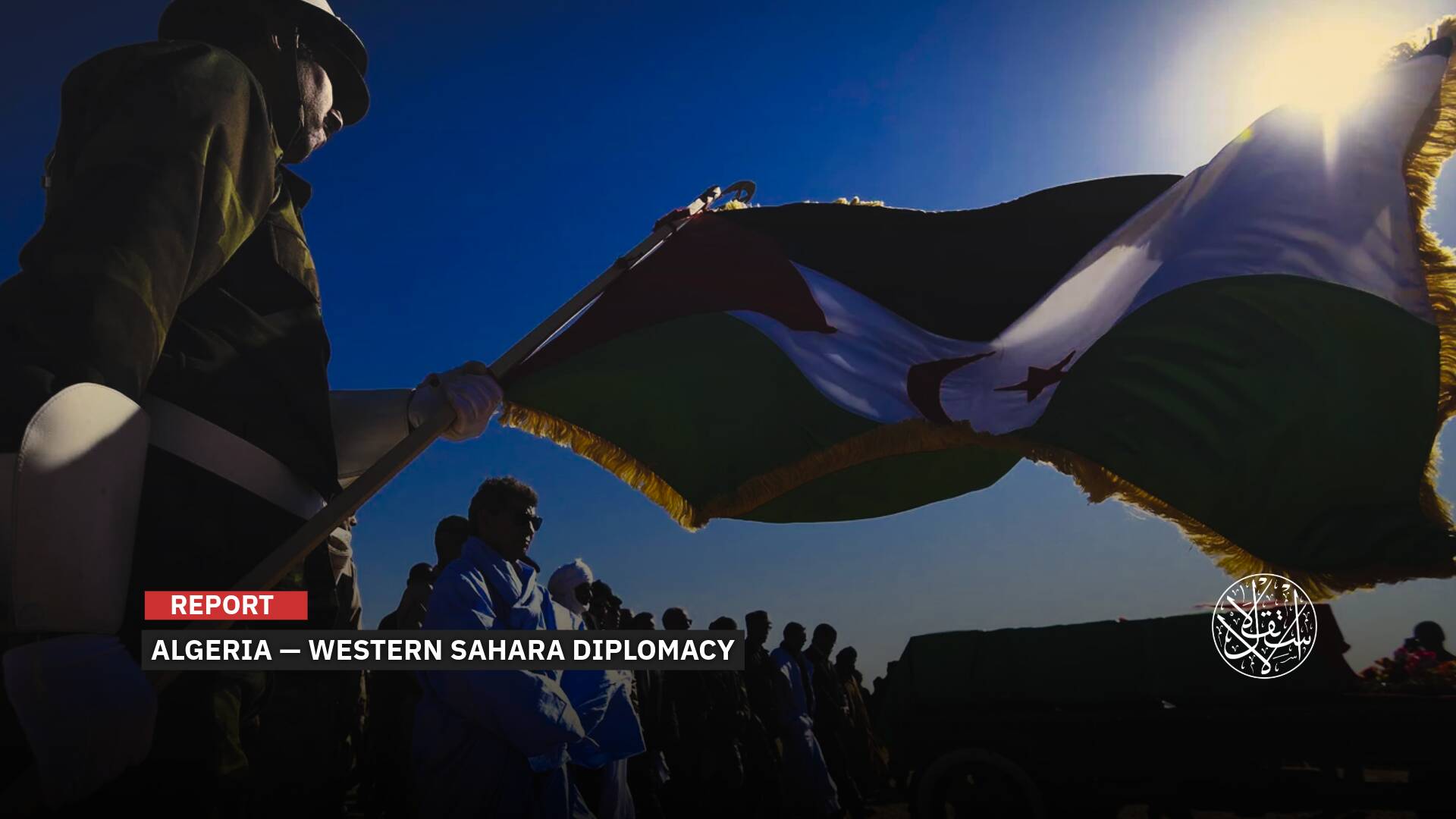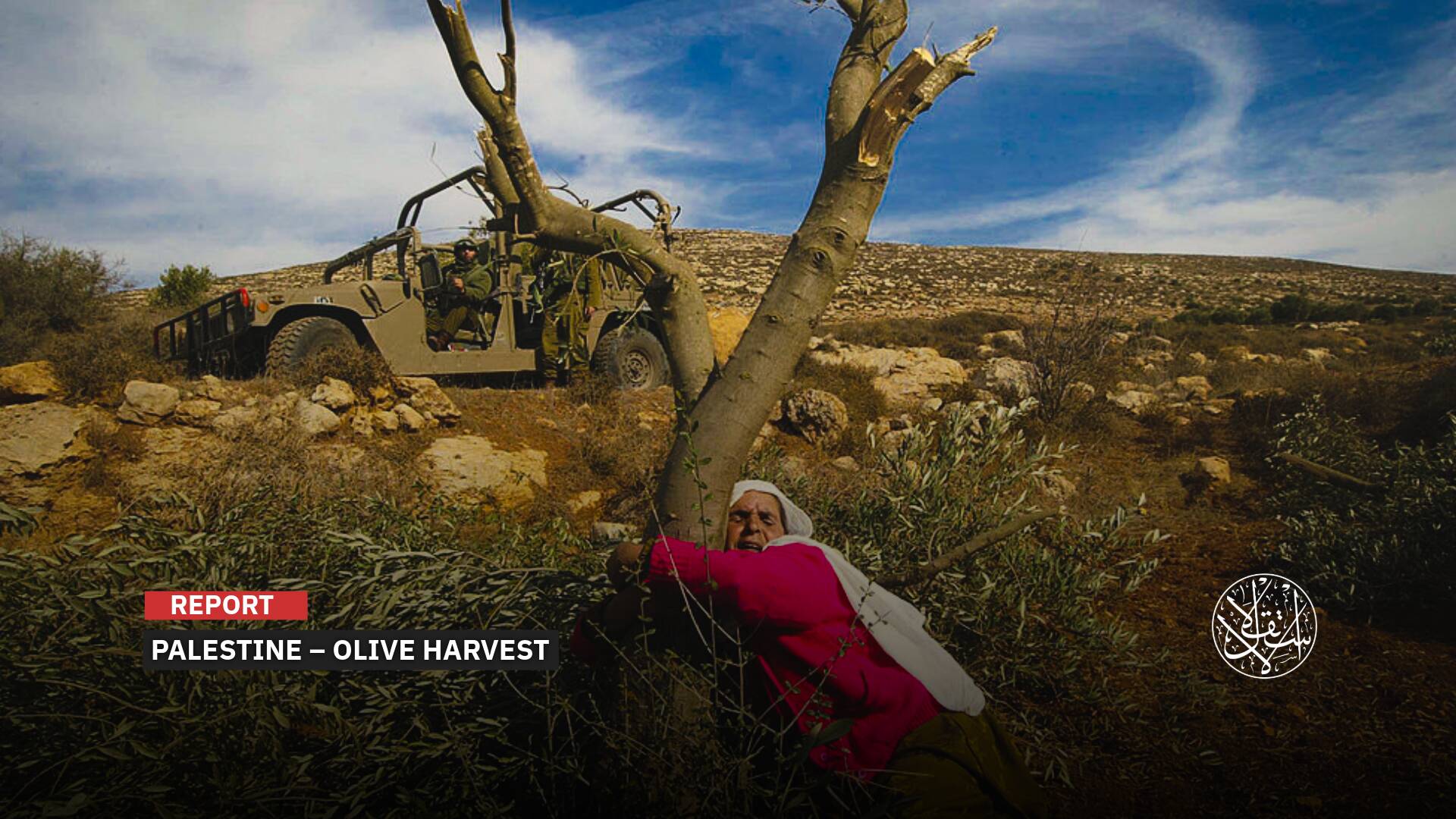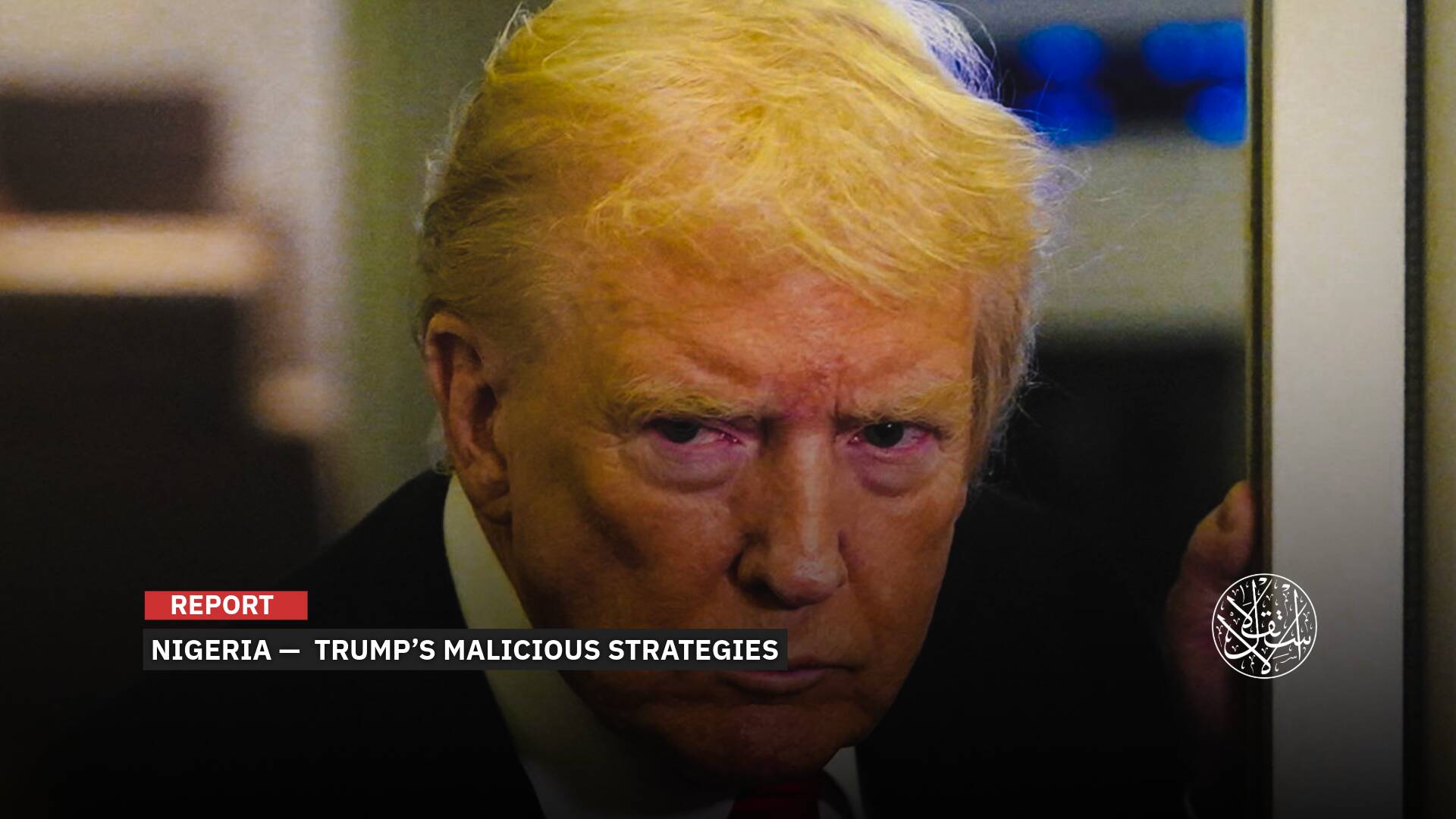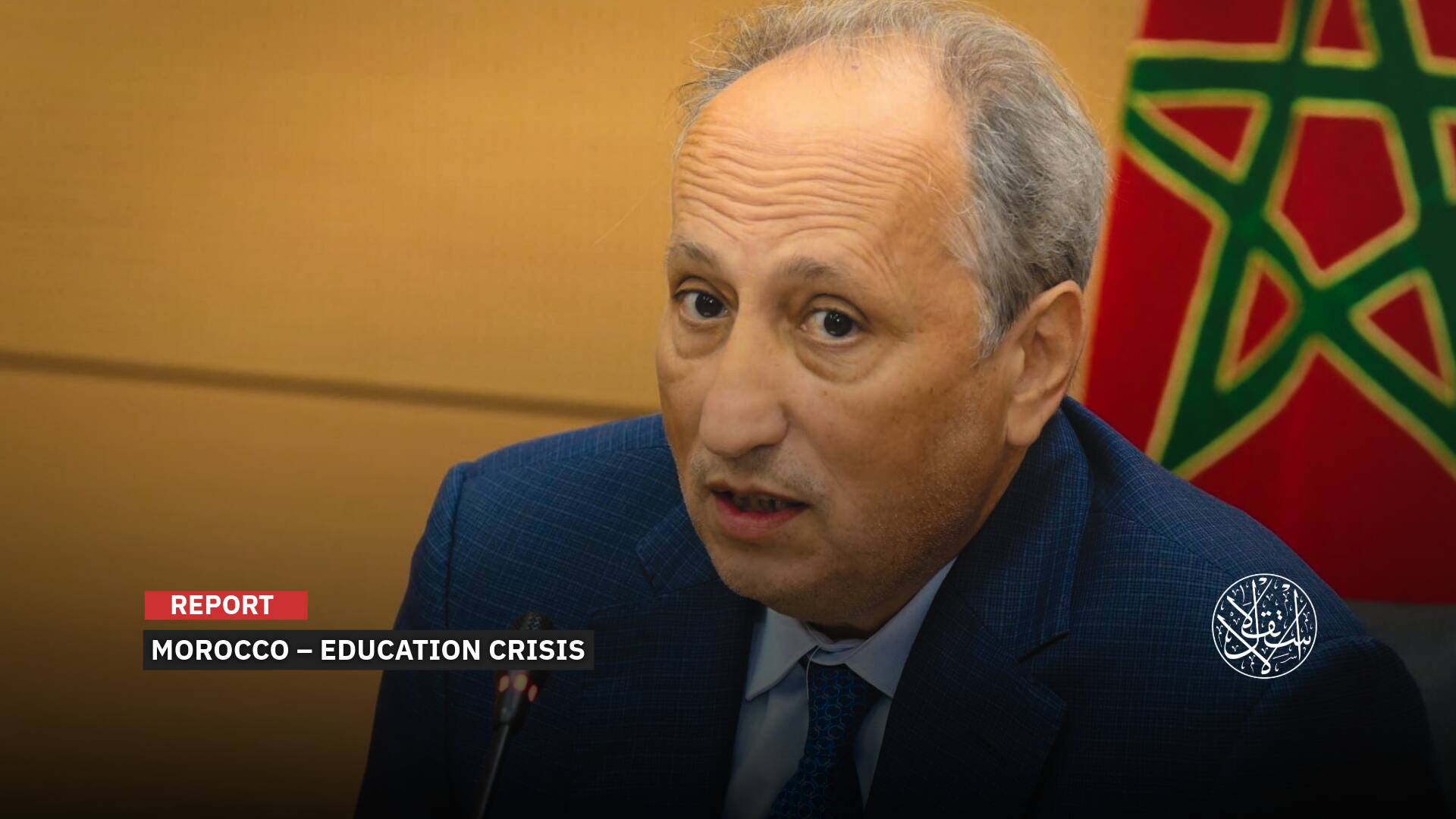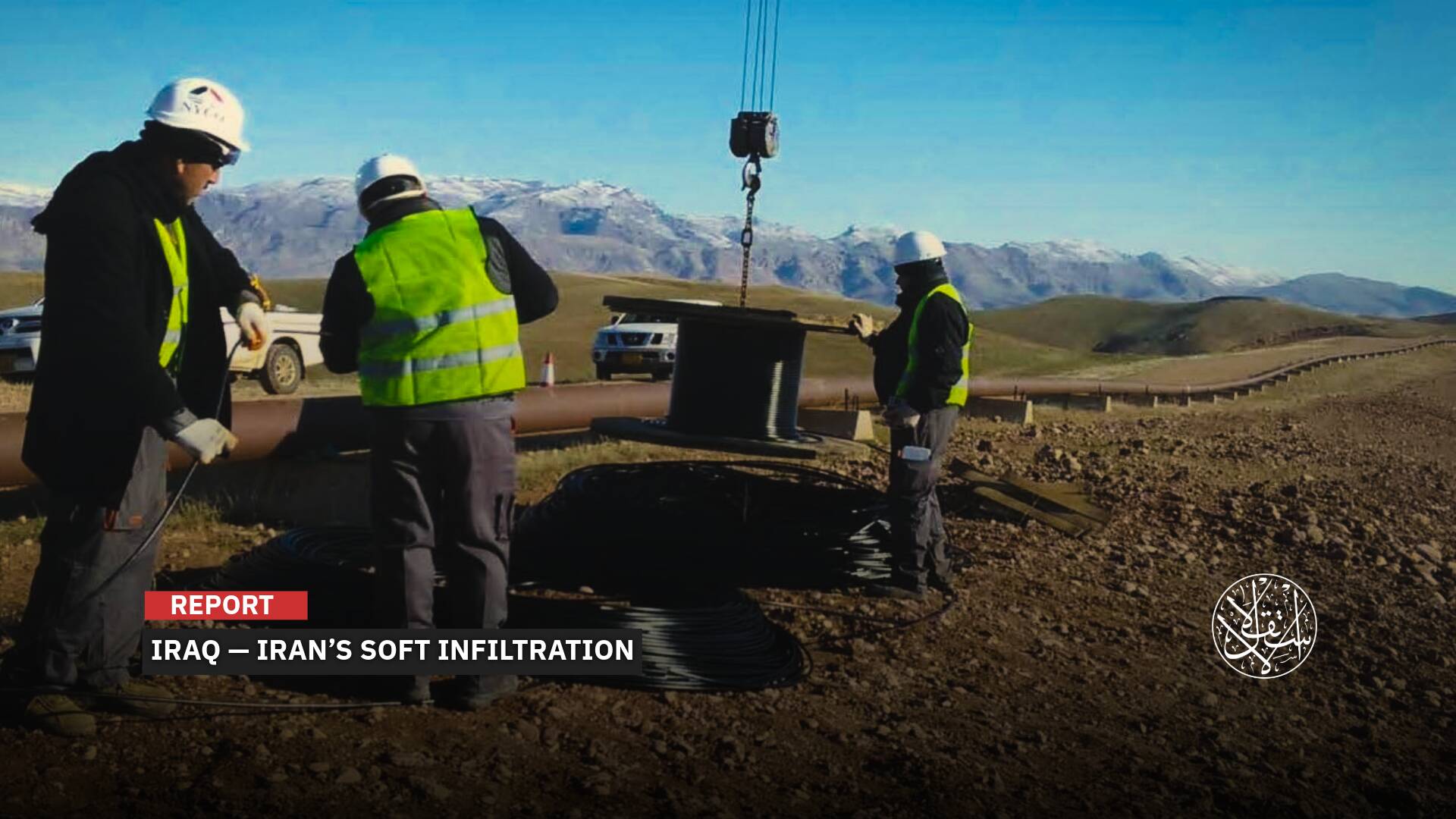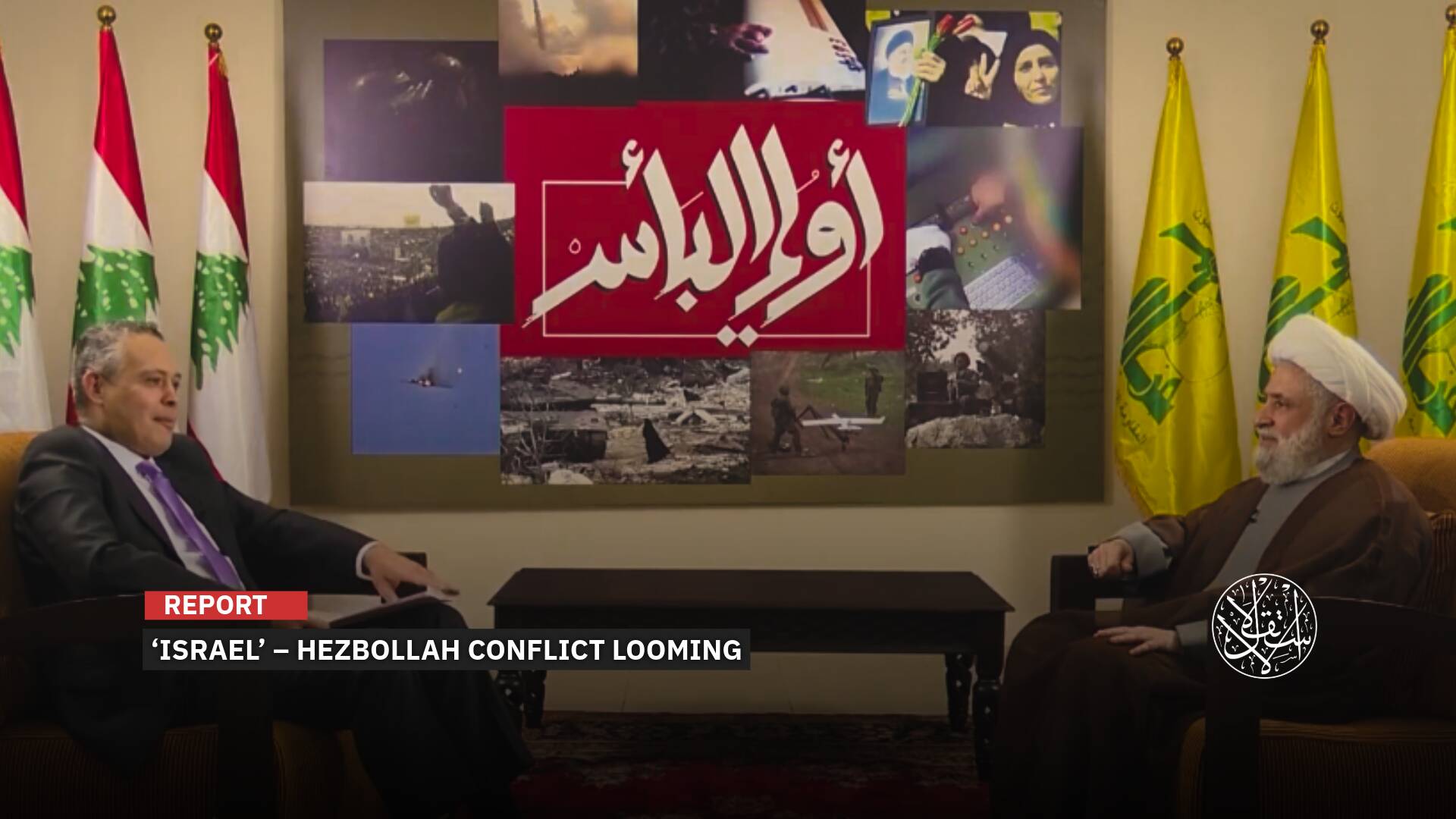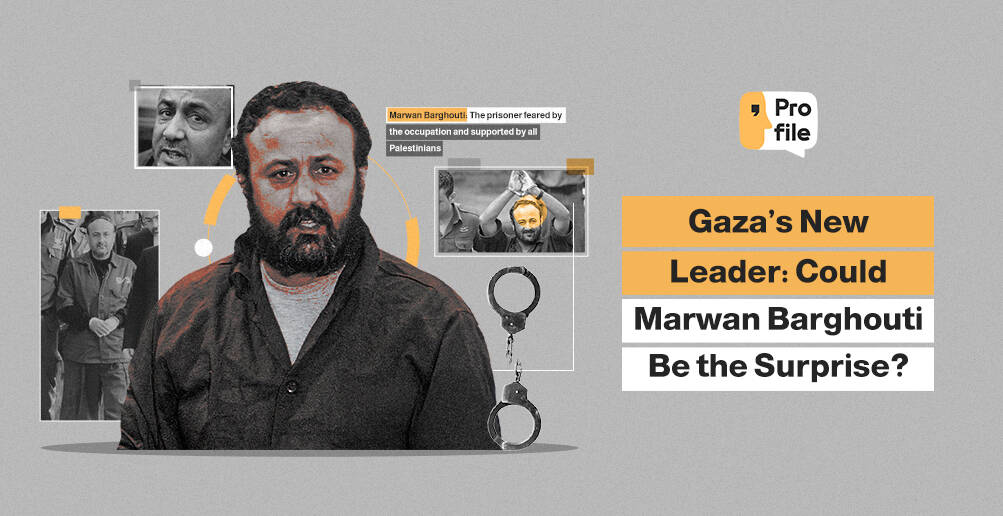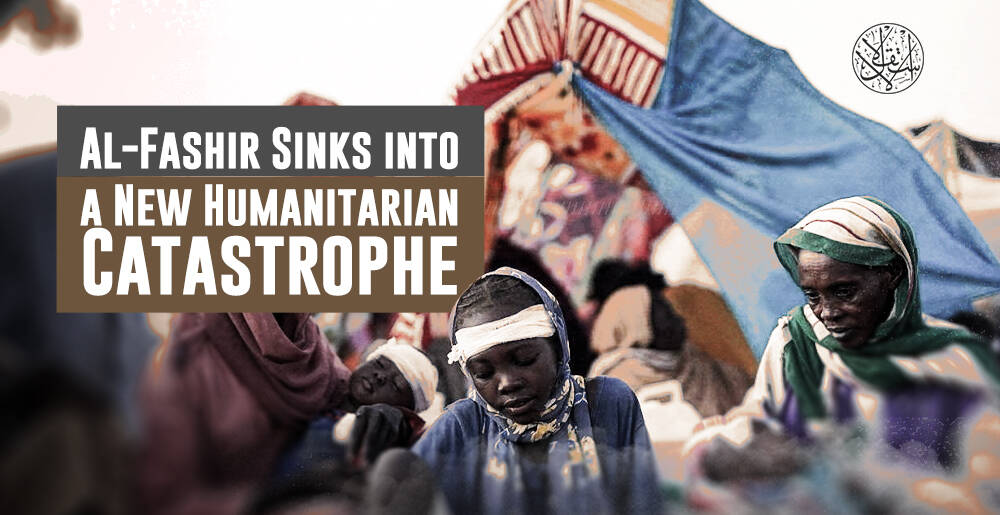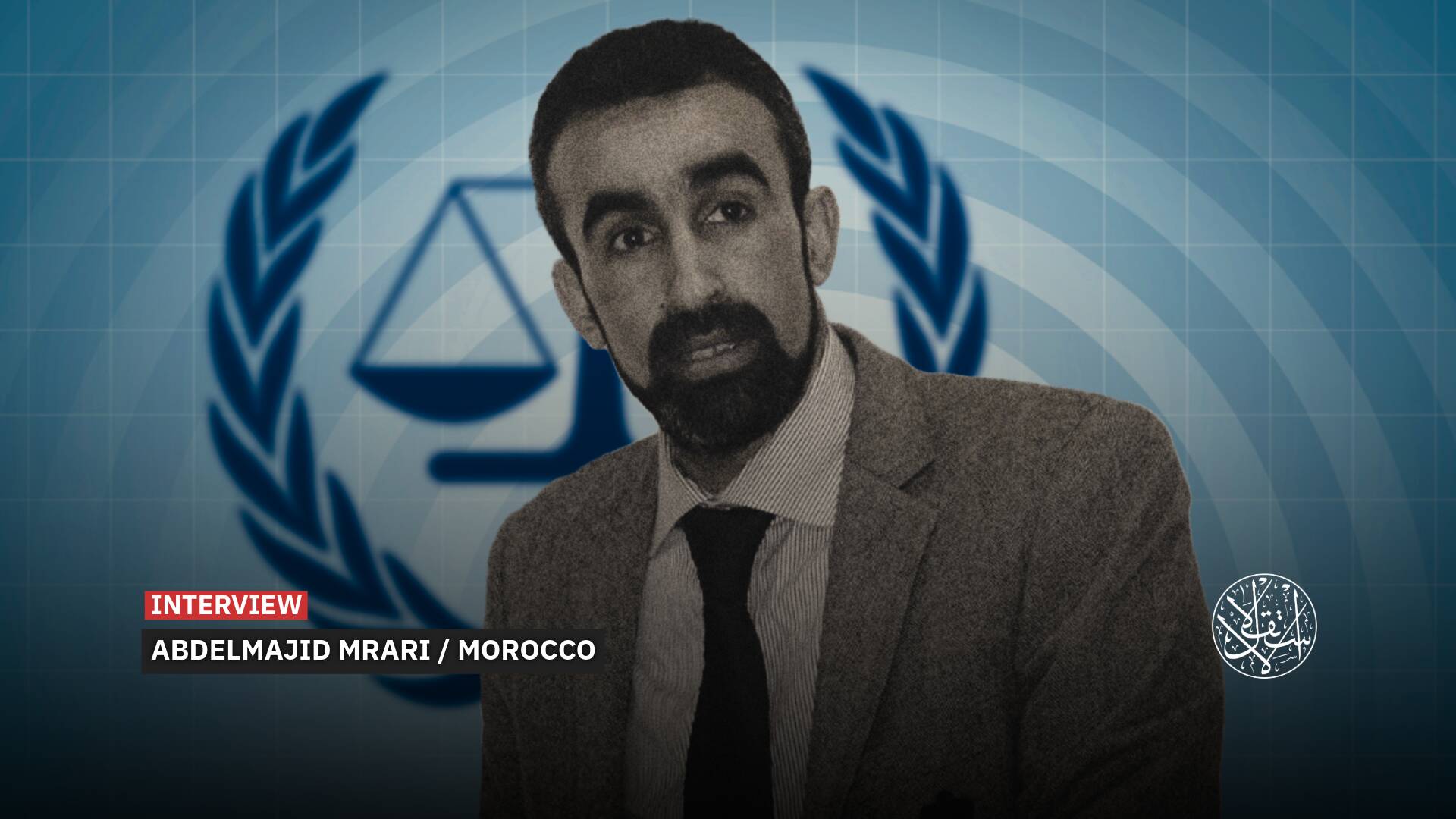UN Security Council Endorses Morocco’s Sahara Proposal, Algeria and Polisario Front Respond
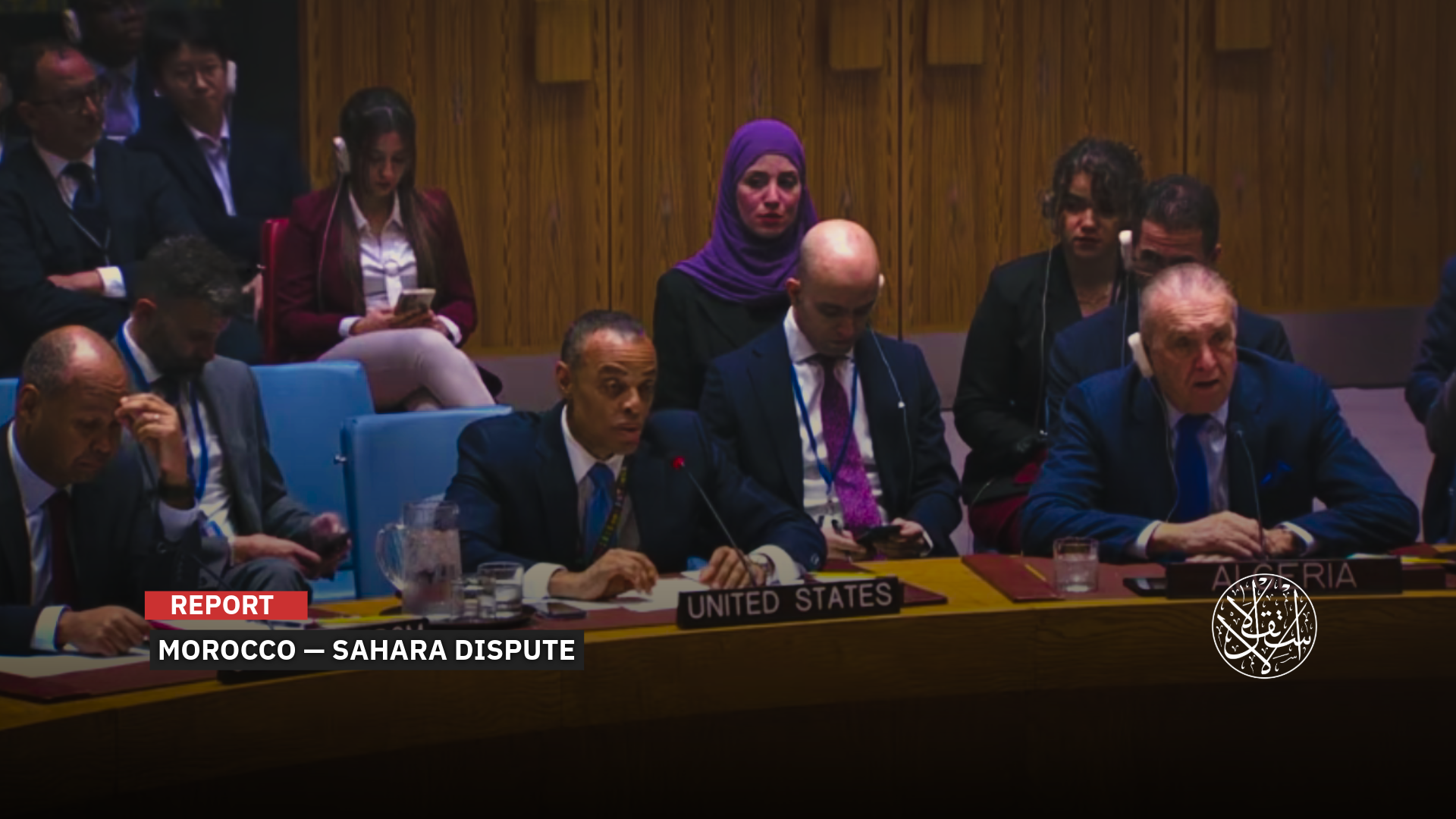
The resolution was backed by 11 of the 15 Security Council members.
Morocco has succeeded in securing what it calls a “historic resolution” from the United Nations Security Council, recognizing its proposal to resolve the Western Sahara dispute and establishing it as the basis for future negotiations among the parties involved.
On October 31, 2025, the Security Council adopted a resolution stating that granting Western Sahara “genuine autonomy under Moroccan sovereignty could be the most effective solution” to the long-running conflict.
Eleven of the Council’s fifteen member states voted in favor, while Russia, China, and Pakistan abstained. Algeria, one of the parties linked to the dispute, did not take part in the process.
The resolution urges all sides to engage in negotiations based on Morocco’s autonomy plan, first presented to the United Nations in 2007. It also renewed the mandate of the UN peacekeeping mission in Western Sahara, MINURSO, for another year.
Morocco’s autonomy plan calls for the creation of local legislative, executive, and judicial authorities in Western Sahara, to be elected by its residents, while Rabat would retain control over defense, foreign affairs, and religious matters.
By contrast, the separatist Polisario Front is pushing for a referendum that would include independence as one of the options, a proposal backed by neighboring Algeria.

Royal Speech
Immediately after the vote, Morocco’s King Mohammed VI delivered a speech describing the resolution as “a new breakthrough in consolidating the Moroccan identity of the Sahara, and a definitive end to this fabricated dispute, within a consensual solution based on the autonomy initiative.”
“We are living through a defining phase and a decisive turning point in Morocco’s modern history. There is what came before October 31, 2025, and what comes after,” stressing that “the time has come for a united Morocco, whose legitimate rights and historical borders no one will challenge.”
The king affirmed that Morocco had entered “a stage of resolution at the international level, as the Security Council’s decision has set out the principles and foundations capable of ensuring a final political settlement to this dispute, within the framework of Morocco’s legitimate rights.”
He cautioned, however, that “despite the positive developments surrounding our territorial integrity, Morocco remains committed to finding a solution without winners or losers, one that allows all parties to save face.”
“Morocco does not see these shifts as a victory, nor does it intend to exploit them to fuel tensions or divisions,” he added.
The monarch went on to make “a sincere appeal to our brothers in the Tindouf camps, to seize this historic opportunity to reunite with their families, and to take advantage of the autonomy plan to help manage their local affairs, contribute to national development, and build their future within a unified Morocco.”
“President Abdelmadjid Tebboune for a genuine and fraternal dialogue between Morocco and Algeria, to move beyond disagreements and build a new relationship founded on trust, brotherhood, and good neighborliness.”
Finally, he reaffirmed Rabat’s commitment to reviving the Arab Maghreb Union, “based on mutual respect, cooperation, and complementarity among its five member states, Morocco, Algeria, Libya, Tunisia, and Mauritania.”
A Starting Point for Negotiations?
Khalid Chiat, a professor of international relations, believes that “Resolution 2797 has clearly and definitively outlined the general framework for a final settlement of the Moroccan Sahara issue, namely the framework of Moroccan autonomy.”
Speaking to Al-Estiklal, Chiat explained that “this resolution allows for the possibility of developing parallel ideas or solutions within this general framework, opening the door for other parties, including the Polisario, to submit their own proposals for a final settlement.”
He added that the Security Council has adopted the solution it deemed most appropriate for this issue, both in practical and realistic terms.
The resolution, he noted, passed with a majority in the Council and has enjoyed broad support for the autonomy plan, as well as significant backing from individual states and at the international level.
Chiat pointed out that King Mohammed VI’s speech was delivered in the spirit of opening space for negotiations with other parties, within a clearly defined ceiling based on respect for national sovereignty symbols.
He concluded that the King’s call to Algeria’s political leadership to embark on a new path aims to enable the region to achieve development, progress, and economic integration, all of which align with the aspirations of Maghreb peoples.
At the implementation level, Mohammed Zakaria Abouddahab, a political science professor at Mohammed V University in Rabat, said the process “will not necessarily move quickly.”
In remarks to Morocco’s Channel 2 in early November 2025, he stated that “it may take at least another year to finalize the negotiation framework before moving into the implementation phase.”
He noted that pursuing armed confrontation or escalation outside the international framework would result in significant diplomatic isolation, granting Morocco the necessary legitimacy to counter any threat or hostile act beyond the bounds of international law.
Abouddahab stressed that the King’s invitation to his Algerian counterpart for a transparent and serious dialogue on all bilateral issues remains the key to building a unified Maghreb capable of overcoming the challenges of the past and establishing a developmental and strategic partnership founded on mutual respect.
Reacting to the UN decision, Mohamed El-Moctar Shinqiti, a professor of international relations at Qatar University, said it was “good news and a serious step toward a solution that benefits everyone.”
In a post on X, Shinqiti added that the resolution “preserves Morocco’s territorial unity, ends the suffering of the Sahrawis, and reconciles the two sister nations, Algeria and Morocco, paving the way for a strong and enduring Maghreb Union. This is the solution we have long advocated.”
At the national level, Morocco’s Islamist Justice and Development Party called on residents of the Tindouf camps to “seize this historic opportunity to reunite the sons and daughters of one homeland under the banner of national and territorial unity.”
The party also urged all sides to “engage with this positive international momentum to reach a consensual and final political solution to this fabricated regional dispute, a solution without winners or losers, one that allows all parties to preserve their dignity.”
It further appealed to “our brothers in Algeria to consider the shared interests of our countries, our region, and our Arab and Islamic nation, and to respond to the outstretched hand of their Moroccan brothers, both the King and the people, to turn the page on futile discord and division, and to open a new and promising chapter for the two nations, their peoples, and the region as a whole.”
At the societal level, the religious movement Tawhid and Islah expressed in a statement its pride in this diplomatic achievement and its hope that the resolution would mark the beginning of prosperity and blessing for Morocco and the entire Maghreb region.
The movement also voiced its hope that “the decision will help overcome the problems and disputes that have drained everyone’s efforts and delayed the Maghreb countries from achieving the cooperation, unity, progress, and prosperity befitting them and the aspirations of their peoples.”
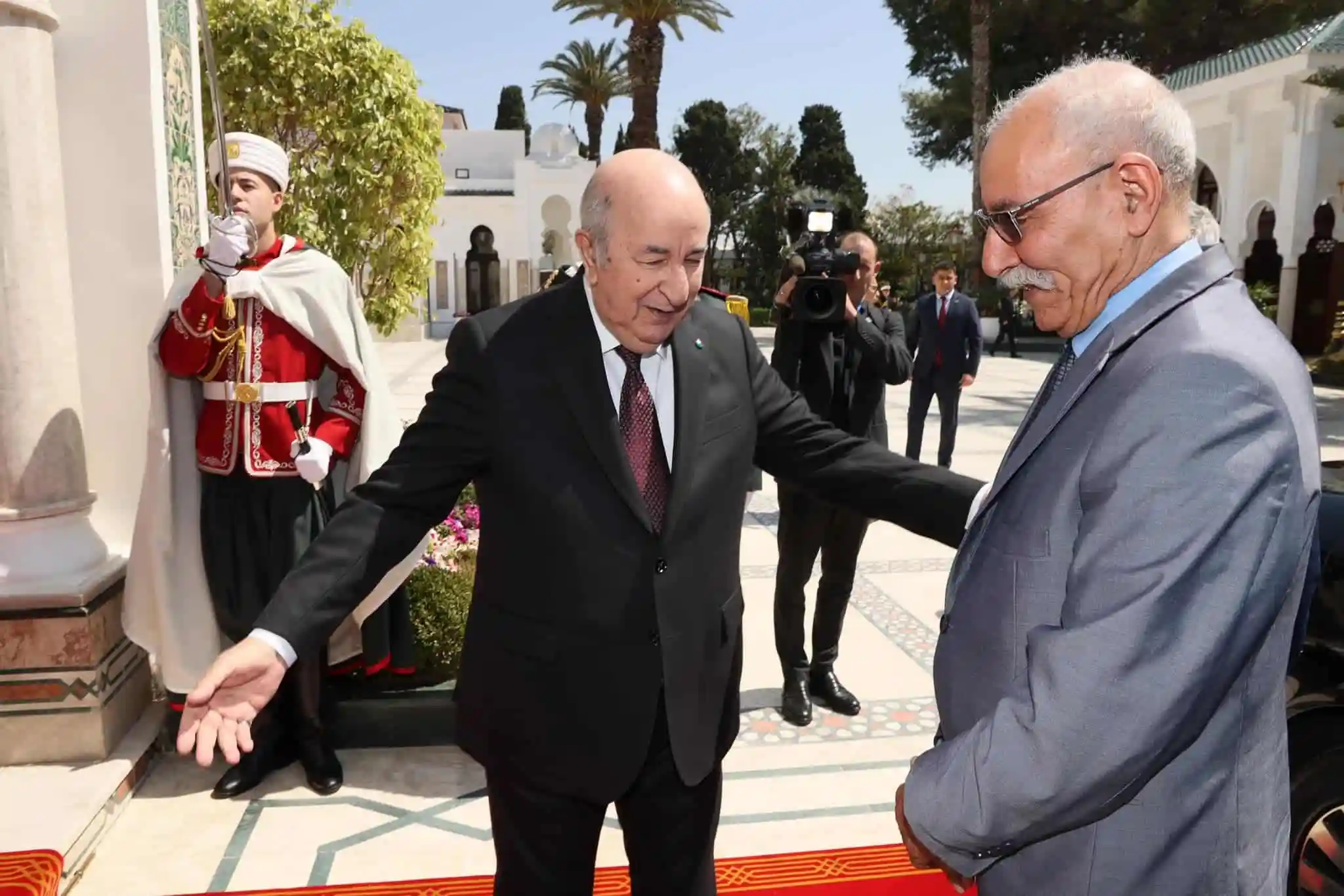
The Stance of the Polisario Front and Algeria
The Polisario Front said it had “taken note of certain elements contained in the Security Council resolution that seek to push toward a dangerous and unprecedented deviation from the principles the Council has long applied to this issue, in line with the fundamental tenets enshrined in the United Nations Charter.”
In a statement published by the Sahara Press Agency, the Front said the resolution “violates the international status of Western Sahara as a decolonization issue, undermines the foundations of the UN-sponsored peace process, and frustrates the efforts of the UN Secretary-General and his personal envoy.”
The Polisario described itself as “the legitimate and sole representative and voice of the Sahrawi people,” declaring its continued commitment to self-determination and independence.
It affirmed that it would not take part in any political process or negotiations based on “proposals” aimed at “legitimizing the illegal Moroccan military occupation of Western Sahara,” as the statement put it.
The Front added that “unilateral approaches that seek to sacrifice the rule of law, justice, and peace for short-term political gains will only deepen the conflict and endanger peace, security, and stability across the entire region.”
Responding to the Polisario’s statement, Mohamed Tayyar, head of the National Observatory for Strategic Studies, said the Front’s formal rejection of the Security Council resolution represented a direct challenge to international legitimacy and signaled that it had officially withdrawn from the UN-led political process.
Speaking to Anfas Press on October 31, Tayyar stressed that by rejecting a binding UN resolution, the Polisario loses its remaining political credibility and effectively turns into an armed group operating outside international law.
“the Front’s continued use of violence, threats against civilians, and refusal to engage in a political solution place it within the criteria the United Nations uses to classify terrorist organizations,” he said.
“Since the Polisario operates from Algerian territory, its rejection of the resolution places Algeria in the position of a state sponsoring an armed and rebellious entity, which will only increase international pressure on it.”
In Algeria, the country’s UN representative, Amar Bendjama, criticized the adopted text, insisting that its final version suffered from serious shortcomings.
According to Algeria’s El Khabar newspaper on October 31, 2025, Bendjama said that “the text falls short of the legitimate aspirations of the Sahrawi people, represented by the Polisario Front.”
“The narrow framework of the proposed negotiations, which gives preference to one option over others, restricts the creativity and flexibility necessary to reach a free and independent agreement consistent with the UN’s decolonization doctrine.”
“Moreover, the text creates an imbalance between the two conflicting parties, highlighting the regional ambitions of one side while overlooking the aspirations of the other,” he said.
Meanwhile, Abdelhamid Siyam, a political science professor at Rutgers University in the United States, told Algeria Now in early November that the document presented to the Security Council had omitted the Polisario’s proposals submitted to the Secretary-General, leaving only the Moroccan initiative.
“This omission represents a clear bias in the resolution and contradicts the principle of negotiation between two equal parties,” he said.
Siyam argued that it is impossible to achieve both self-determination for the Sahrawi people and Moroccan sovereignty over the Sahara at the same time, describing the Security Council resolution as “utterly unrealistic.”
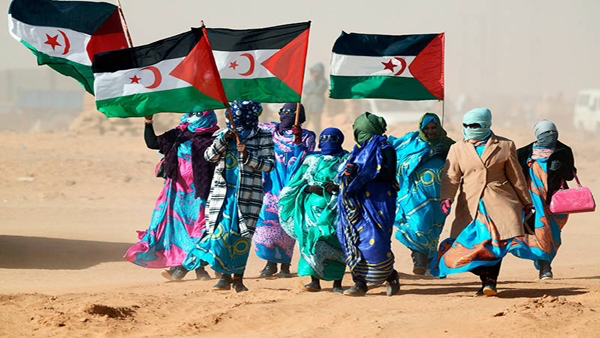
Future Outlook
In contrast, former Algerian diplomat and political and human rights activist Mohamed Larbi Zitout said it was positive to reach a final settlement to this issue, which he argued had been used by the Algerian regime to threaten its people and stoked fears of Moroccan expansion.
In a post shared on his Facebook account on October 31, Zitout stressed that “everyone stands to gain from resolving this conflict, the Moroccan and Algerian peoples, the populations of all Maghreb countries, and the residents of the Tindouf camps.”
He noted that ending the dispute would put an end to the massive defense budgets, arms stockpiling, and mutual fear between the two peoples, expressing hope that relations between Morocco and Algeria would soon return to normal.
Former parliamentarian and university professor Abdelaziz Aftati told Al-Estiklal that the path toward a final resolution of the Sahara dispute is now clear and not too far off, but it requires broad, transparent, and democratic engagement of all components of the Moroccan people in the stages ahead.
He said this means working continuously toward the complete neutralization of separatist agendas and their strongholds, a task that will demand immense effort but remains achievable through comprehensive and promising national mobilization involving all elements of the nation without exclusion.
Aftati emphasized the importance of strengthening and deepening trust with “our brothers from the Sahara” living beyond the wall, and of reinforcing the shared conviction of mutual understanding and full integration based on fraternity, common belonging, and a shared destiny.
He also called for “consolidating democratic credibility” in the 2026 legislative elections, which, he said, the world will be watching as a practical model for recognizing the unified Moroccan people’s right to free and democratic self-governance.
Aftati warned of the need to fully open the political sphere to include everyone, so that Morocco is not deprived of the contribution of any faction or sensibility as it prepares to build the Morocco of the future, ready to welcome back all its sons and daughters into one united homeland.
He underlined the necessity of moving “irreversibly toward affirming the democratic choice, abandoning any hesitation about it, embodying a parliamentary monarchy, and eradicating the roots of corruption.”
Finally, he called for active efforts to revive and strengthen the Arab Maghreb Union, and for greater engagement within Morocco’s Arab, Islamic, African, and international spheres of cooperation.
Sources
- Polisario Front reaffirms the Sahrawi people’s firm and non-negotiable right to self-determination [Arabic]
- Mohamed Tayyar: Polisario’s rejection of the UN resolution on Moroccan Sahara opens the door to its designation as a terrorist group [Arabic]
- Western Sahara: Benjama justifies Algeria’s decision not to take part in the vote [Arabic]
- UN expert reveals: “The Security Council’s resolution on Western Sahara is a strange mix, impossible to implement” [Arabic]
- Tawhid and Islah congratulates Moroccans on Security Council Resolution 2797 concerning the Moroccan Sahara [Arabic]
- Abou El-Dahab calls it a historic turning point, saying the Security Council’s resolution on autonomy strengthens Moroccan sovereignty [Arabic]


